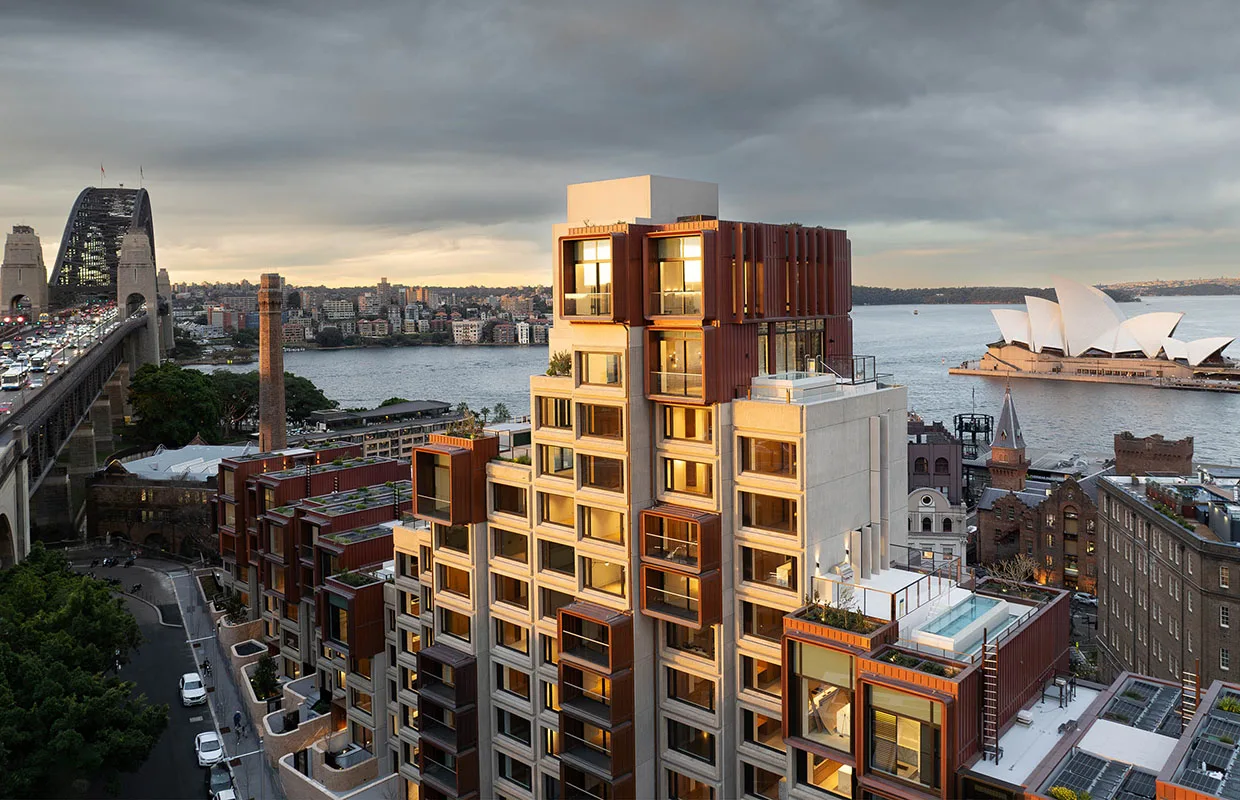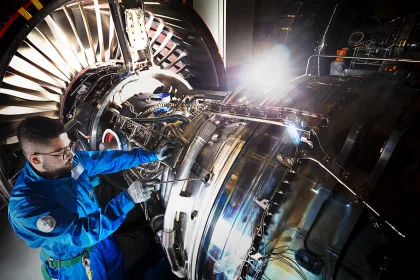Design management is at the core of Richard Crookes Constructions’ growth and holistic service offering. We explore why this capability is critical to delivering excellence, managing risk, and adding value across complex builds with Samantha Kuiper, General Manager of Design and Innovation.
EXPERT DESIGN MANAGEMENT
Design management is not only expected by clients but also necessitated by the complexity and volume of documentation now required on projects.
Without robust design documentation, builders carry increased risk – making expert design management essential.
Bridging the gap between design and construction is therefore crucial. Samantha Kuiper, General Manager of Design and Innovation at Richard Crookes Constructions (RCC), has been instrumental in achieving this synergy.
Samantha’s career initially unfolded in the world of architecture, where her passion for design and project management flourished.
Since then, her career has been defined by a relentless pursuit of innovation and a steadfast commitment to advancing design management within the construction industry.
Samantha’s move to RCC in 2019 presented an opportunity for her to further advance design management practices.
“We are committed to design management excellence, with one of the largest in-house design management teams in Australia,” she acclaims.
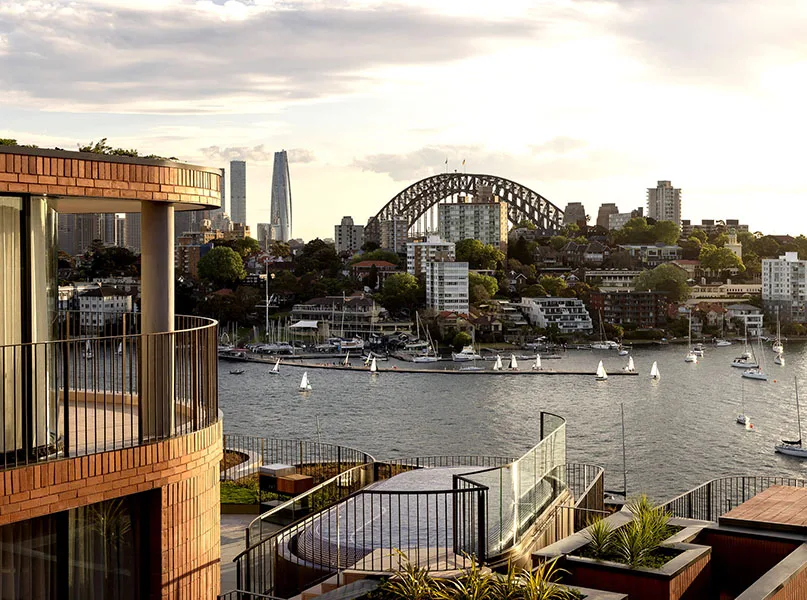
DESIGN MANAGEMENT SERVICE
A consistent experience through the adoption of RCC’s tailored processes – led by Samantha with the support of a Design Process and Compliance Lead – is critical to the company’s design management service offering and key to the procurement of quality documentation.
To address inconsistency of design management services across projects, RCC’s Design Management Standards (DMS) were produced – a comprehensive handbook covering all elements of market-leading design management.
This document is critical given the complexity and evolving standards of the construction industry in Australia, ensuring both compliance and quality construction.
The DMS guides internal stakeholders with design management responsibility through the full project lifecycle, including planning, contracts, and processes.
A collaborative approach and problem-solving mindset are also vital to RCC’s design management, as is the ability to challenge designs to mitigate risk and optimise outcomes.
“Challenging designs and encouraging an innovative mindset that can add value to the project for both RCC and our clients is a core part of our service offering. Innovation is central to our approach, and we continue to look for opportunities,” Samantha tells us.
Moreover, RCC drives design outcomes whilst considering other elements that might impact successful project delivery such as cost, time, and compliance.
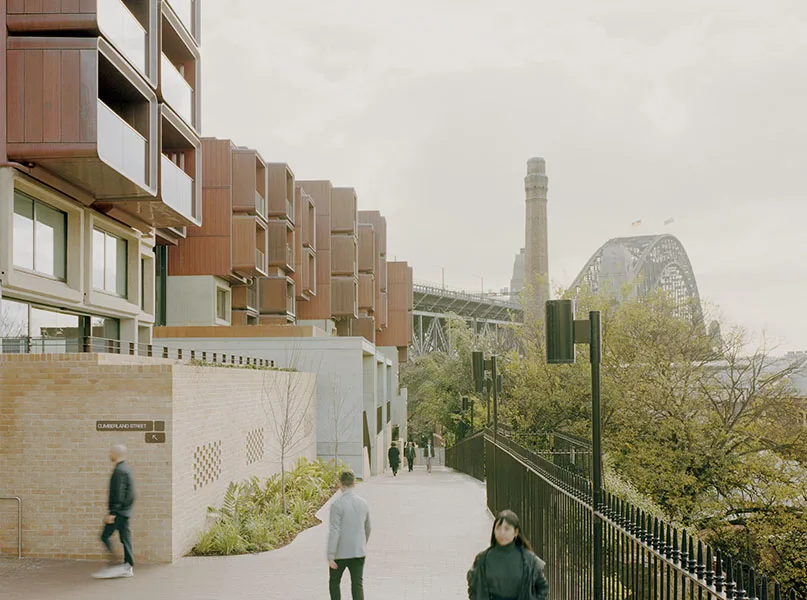
ELEVATED BY CULTURE
Fundamental to RCC’s design management service offering are a collaborative culture and respectful interactions with the company’s extended delivery team, including consultants, clients, and subcontractors.
“Our ecosystem enjoys working with us, leading to a very productive environment and high levels of repeat engagement,” Samantha notes.
The industry is also shifting, with successful outcomes achieved through support and collaboration.
“If we want to get the best out of our people and delivery partners, it’s important to build relationships and respect between businesses,” she acknowledges.
At RCC, a culture of design excellence and optimisation sets the tone from project inception to completion.
“With a diverse range of backgrounds, our in-house experts leverage their specific expertise to tackle complex design challenges across all disciplines,” Samantha states.
This culture is widely recognised and respected, setting the company apart and helping it to attract and retain top talent.
Rather than outsourcing, RCC is focused on building an internal capability that futureproofs the business and enables retention due to visability of career pathways and opportunities.

“With a diverse range of backgrounds, our in-house experts leverage their specific expertise to tackle complex design challenges across all disciplines”
Samantha Kuiper, General Manager of Design and Innovation, Richard Crookes Constructions
STANDOUT DESIGNS
The restoration of Sirius Building (Sirius) into 75 modern apartments in The Rocks represents significant adaptive reuse.
A story of survival and adaption, Sirius is one of many Australian buildings to benefit from being redeveloped rather than knocked down and rebuilt.
The skilful regeneration of this landmark building marks an exciting new era for Sirius, which now stands as a beacon for enduring architecture and ambitious retrofit projects in Australia.
Each apartment is a masterpiece, offering panoramic views, bespoke finishes, and an atmosphere of refined elegance.
Designed by BVN, Sirius was brought to life by the design management expertise and construction capability of RCC and demonstrates its commitment to delivering future-focused infrastructure.
The building includes a revitalised common area, which retains original features such as timber batten walls and bison artworks.
Innovative engineering solutions preserved the historic façade at Sirius, including prefabricated steel structures and imported copper to retain the original brutalist expression.
Digital engineering, including sophisticated visualisations, building information modelling (BIM), and augmented reality, supported all stages of delivery, whilst vertical transport challenges created by the five interconnected buildings were solved by designing lift cores in the building’s ‘spine.’
Custom springs and shock absorbers were also incorporated to manage load bearing and vibration challenges related to the seven private terrace pools.
Another award-winning RCC development, Kurraba Residences (Kurraba), is located on Sydney’s Lower North Shore and has two standout design features.
“Kurraba’s façade utilises a slip brick cladding system, with corrosion-resistant materials built for longevity in its harbourside setting,” Samantha insights.
“The curved sliding doors and windows are also designed to meet extremely high water penetration.”
RCC worked closely with consultants and subcontractor partners to ensure the suitability of all materials, systems, and finishes at Kurraba, given its close proximity to the harbour.
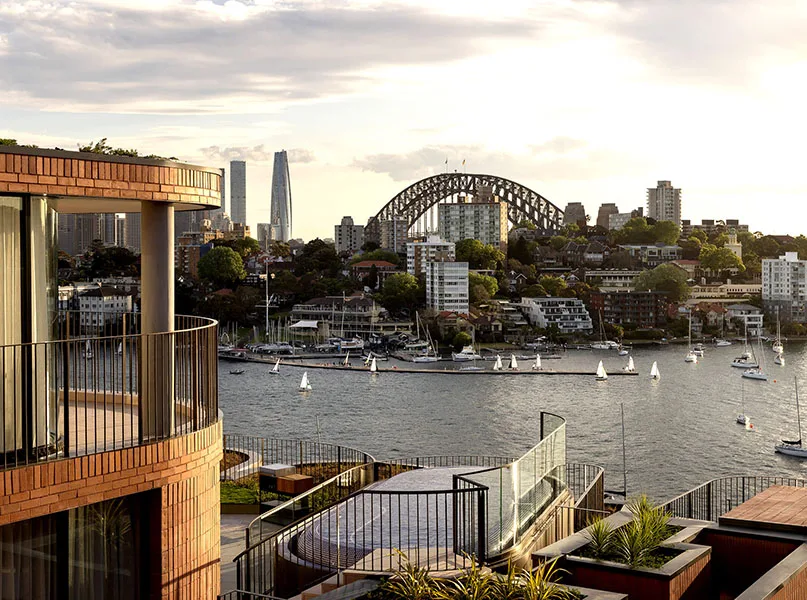
IN-HOUSE EXPERTISE
RCC has several in-house design experts involved in the delivery of projects like Sirius and Kurraba – including experts in façades, structure services, and digital design.
As the design space has become extremely complex, experienced and knowledgeable subject matter experts are needed to interrogate designs and come up with efficiencies and opportunities.
RCC has an all-encompassing offering in this space with experts that focus on mitigating risk and maximising value opportunities in their niche.
“A façade manager bridges technical and stakeholder needs, reinforcing the role of design management in delivering clarity, alignment, and high standards across all parties,” Samantha outlines.
“Our team is actively pushing the boundaries of façade design and engineering,” she highlights.
This adds value and bolsters RCC’s service offering by developing innovative and efficient procedures that elevate safety and quality standards, whilst minimising risk, to meet the demands of increasingly complex buildings.
The use of digital tracking tools, meanwhile, enables real-time visibility of production and delivery and transparency around the end-to-end supply chain journey, from procurement, production, and manufacturing to delivery and installation.
“Our team is actively pushing the boundaries of façade design and engineering”
Samantha Kuiper, General Manager of Design and Innovation, Richard Crookes Constructions
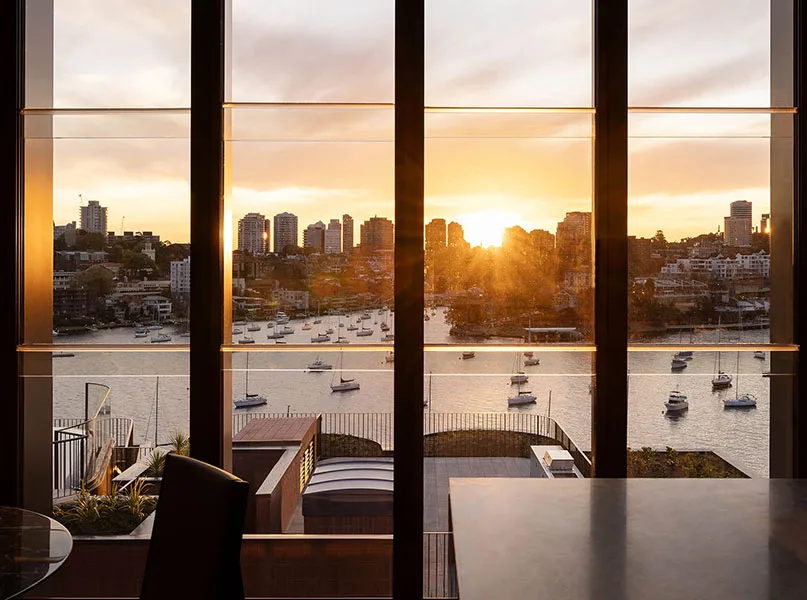
ENGINEERING EXPERTISE
Structural engineering is another critical component of design management that often accounts for 20 to 40 percent of the build cost and is central to the construction timeline.
RCC’s in-house structural engineering experts ensure consistency and quality by applying best-practice solutions across projects.
Lessons learnt on one project are rapidly applied to others, helping to mitigate risks and improve design outcomes in real time.
“Due to its complexity and scale, structural engineering requires a deep understanding of both design and construction,” shares Samantha.
“RCC’s delivery capability is strengthened through expert in-house engineering oversight and continuous improvement.”
As part of skillset transfer, RCC provides hands-on mentoring to site engineers and design managers, encouraging them to challenge assumptions and ask the right questions.
The opportunity to upskill its workforce ensures everyone can review documents and mitigate risk whilst developing their expertise.
This grows the company’s capability and futureproofs RCC by transferring skills from the older generation, who have the building experience, to the younger, tech-savvy generation.
“RCC’s design management specialists play a key role upskilling the next generation – ensuring technical literacy is paired with deep construction understanding,” Samantha emphasises.
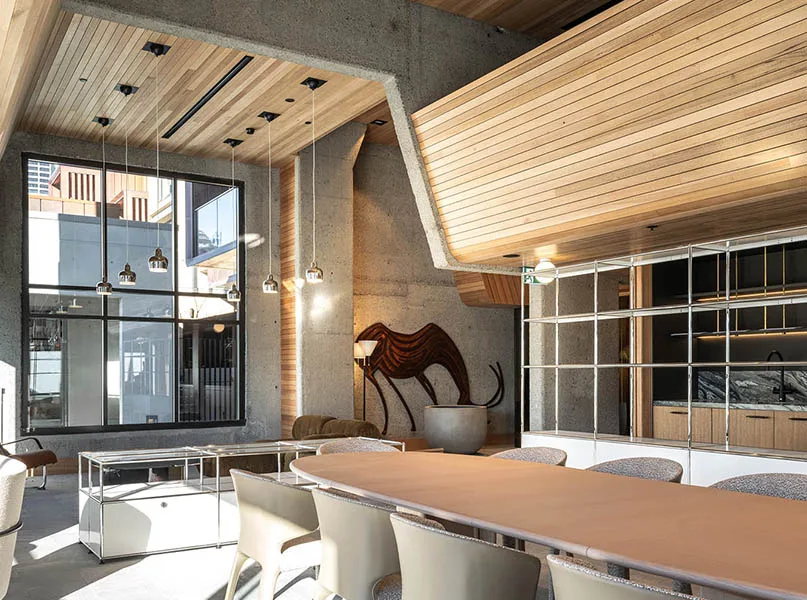
EVOLVING SPACE
RCC sees the design management space evolving with the greater integration of technology and artificial intelligence (AI) into design processes.
There is unprecedented opportunity to create more efficiency and certainty as teams leverage technology to obtain higher quality documentation.
“I expect data will support faster, more accurate decision-making that is based on evidence. As a result of extensive data collation, RCC will be better equipped to assess the best design decisions with a higher level of certainty,” Samantha closes.
Industry readiness with technology is one of two challenges the company foresees. With a team of experts eager to evolve, learn, and grow – paired with the organisation’s innovative and progressive mindset – RCC is well placed to navigate the complexities and uncertainties of Australia’s evolving construction industry.
The burden of compliance is the other notable challenge; increased regulation and industry complexity, with more risk passed to the builder, increases administration.
To mitigate this, a focus on strong design management is becoming increasingly more important.
Design management is a necessary part of both RCC’s service offering, and the wider industry. Given Samantha’s involvement, oversight and leadership, RCC is well placed to navigate these challenges into the future.



